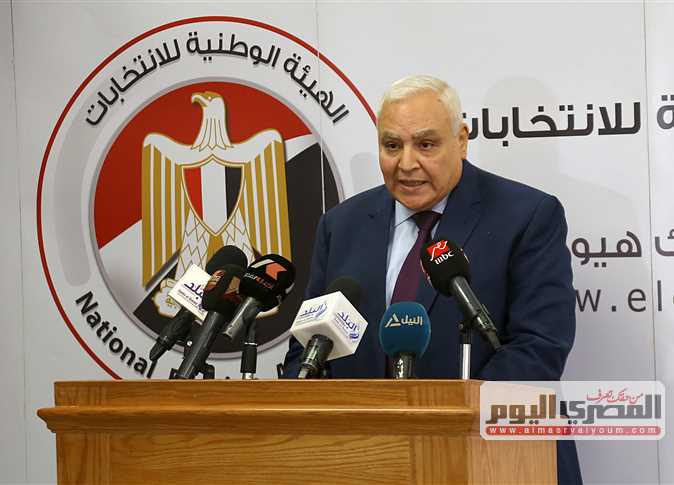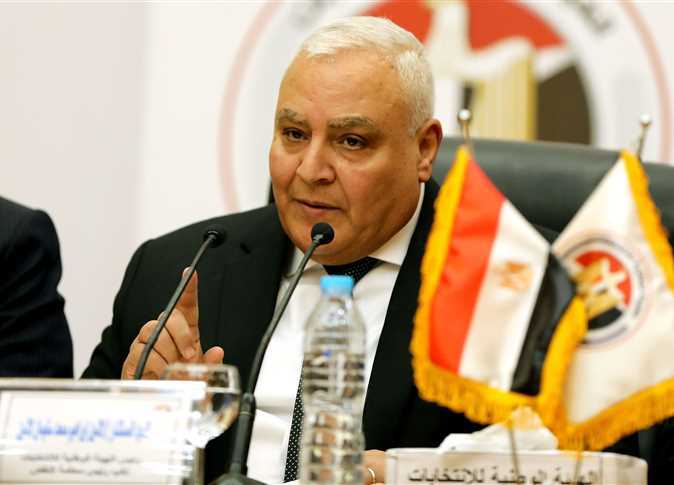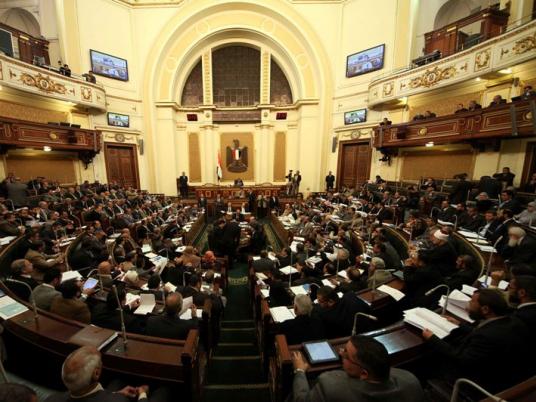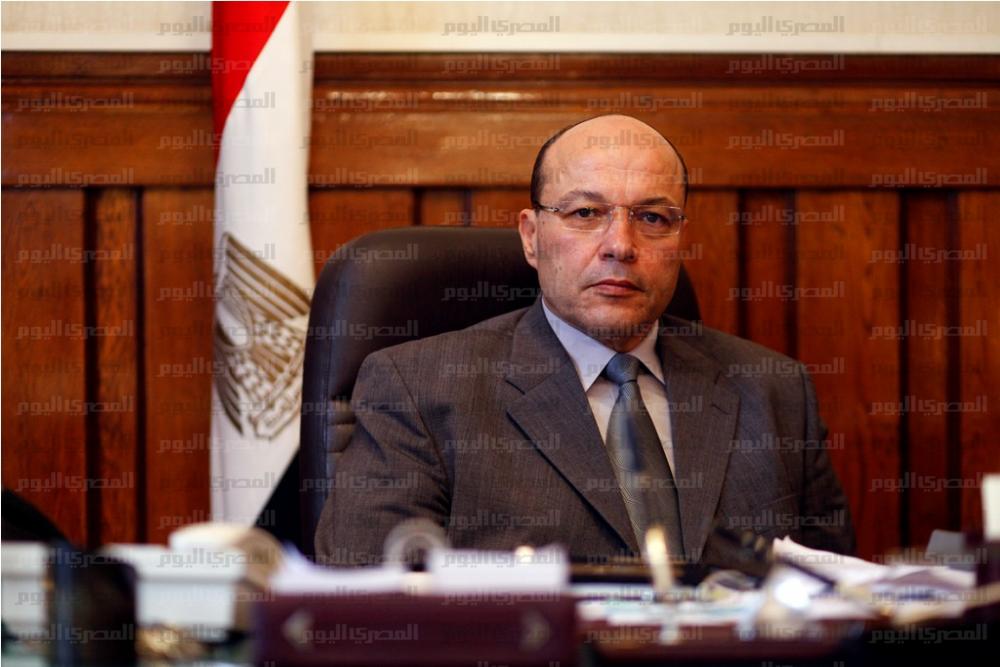President Hosni Mubarak has appointed 44 members to the Shura Council, including eight Copts, 11 women as well as former ministers, leading figures in the ruling National Democratic Party (NDP), businessmen, and leaders from the Wafd and Geel Parties.
Among those appointed are Ibrahim Mahlab, president of the Arab Contractors Company, which has played a major role in restoring Egypt’s parliament buildings following a massive blaze in August 2008 that caused serious damage to the People’s Assembly and the Shura Council buildings.
Tharwat Bassily, another of the 44 appointees, is a Coptic billionaire, a major pharmaceutical investor, as well as chairman of Amoun Pharmaceutical Company industry. Bassily is also deputy of the Coptic Orthodox Confessional Council and head of the pharmaceutical sector at the Federation of Egyptian Industries.
Also appointed by the presidential decree is Mufid Shehab, minister of state for legal affairs and parliamentary councils, Amr Ezzat Salama, a former minister of higher education, Mustafa el-Feqqi, member of the Policies Secretariat of the NDP, and Ferkhanda Hassan, secretary general of the National Council for Women.
Bahaa Eddin Abu Shaqqa, a Wafd Party leader and head of the defense team in the famous Hesham Talaat Mustafa case currently before court, Ragaa Ateyya, a lawyer, and Mohamed Nagui el-Shehabi, president of the Geel Party, are also among the appointees.
The Shura Council–which has 264 members of whom the president appoints one third–has limited legislative powers. A constitutional amendment in 2005 gave its members the right to support an independent candidate in the presidential election. However, such a candidate would still have to obtain the approval of 250 members of the People’s Assembly and local councils to be able to run in the election.
Mubarak’s decree comes soon after the conclusion of the Shura Council mid-term elections which were held in early June. The NDP swept the race, winning more than 95 percent of the seats. Several observers however have raised doubts about the integrity of the election results.




